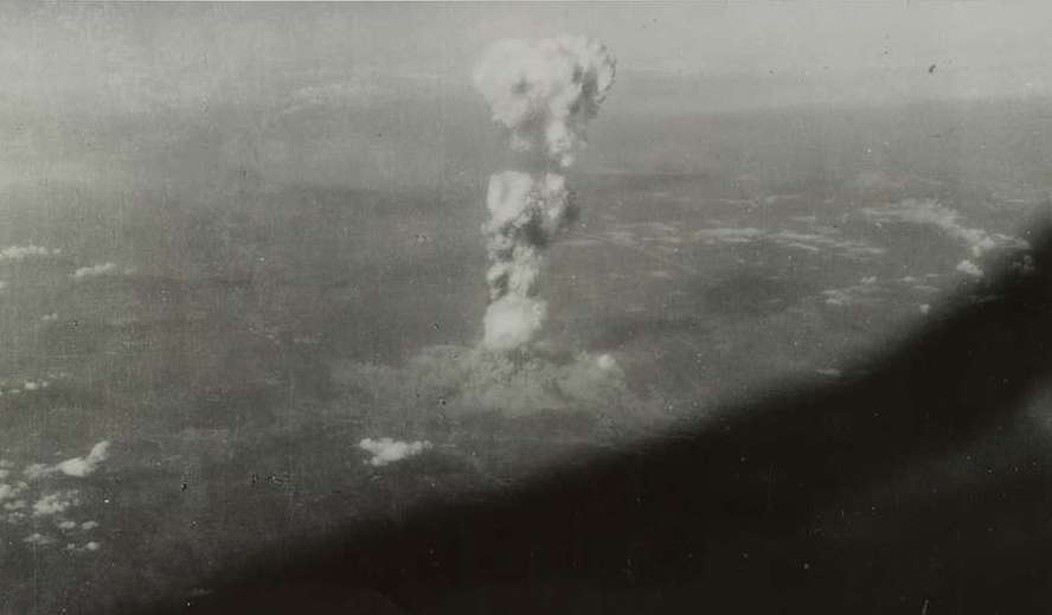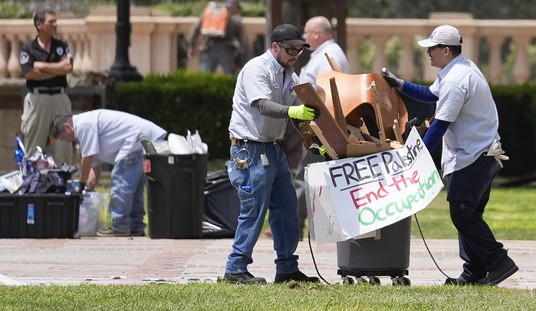Chemical warfare, like biological warfare (such as concocting new viral strains in a lab through gain-of-function research), offers unique advantages to government and non-government actors over kinetic warfare or terrorism.
When it’s done right, these advantages include anonymity, difficulty in forensic attribution, lack of extensive media exposure, and high return on investment in terms of potential deterioration of the enemy’s capabilities.
Hence the little-known 1994 Air Force proposal to drop a “gay bomb” on geopolitical opponents, titled “Harassing, Annoying and ‘Bad Guy’ Identifying Chemicals,” as exposed by now-defunct government watchdog group the Sunshine Project that surveilled the development of chemical and biological warfare technologies.
Via Gizmodo:
One doesn’t commonly associate the slogan “make love not war” with the U.S. military. Indeed, the United States military is feared and formidable precisely because it has proven so effective at conceptualizing clever and innovative ways to search, find and destroy, often with the simple push of a button. However, in a departure from these hostile traditions, in 1994 the Wright Laboratory, part of the U.S. Air Force, produced a three page proposal for a “gay bomb”.
Documentation obtained by the Sunshine Project, an anti-biological weapons non-governmental organization, found that the Ohio-based Wright Lab requested a 6 year, $7.5 million grant to create a variety of non-lethal weapons.
According to the document, the DoD authors suggested concocting and deploying a “gay” bomb containing “chemicals that effect [sic] human behavior so that discipline and morale in enemy units is adversely effected [sic]. One distasteful but completely non-lethal example would be strong aphrodisiacs, especially if the chemical also caused homosexual behavior.” [emphasis added]
It also suggested deploying chemicals that would perturb insects like bees and cause them to attack enemy soldiers, trigger sensitivity of enemy soldiers to sunlight, etc.
There’s no evidence in the public domain that the gay bomb was ever seriously pursued, much less created or used. What the leaked document speaks to is how the “outside the box” government is capable of thinking in terms of weaponizing substances and objects that might not have immediately obvious military implications. Humanity has come a long way since WWI-era trench warfare.
The Chinese Communist Party excels at unconventional warfare, which I have written previously about in the context of AI weaponization. The Chinese term “unrestricted warfare” refers to a means to overcome the drastic disadvantage against American kinetic capabilities.
Via “Unrestricted Warfare,” produced by the Chinese People’s Liberation Army, 1999:
Faced with warfare in the broad sense that will unfold on a borderless battlefield, it is no longer possible to rely on military forces and weapons alone to achieve national security in the larger strategic sense, nor is it possible to protect these stratified national interests. Obviously, warfare is in the process of transcending the domains of soldiers, military units, and military affairs, and is increasingly becoming a matter for politicians, scientists, and even bankers. How to conduct war is obviously no longer a question for the consideration of military people alone. As early as the beginning of this century, Clemenceau stated that “war is much too serious a matter to be entrusted to the military.”










